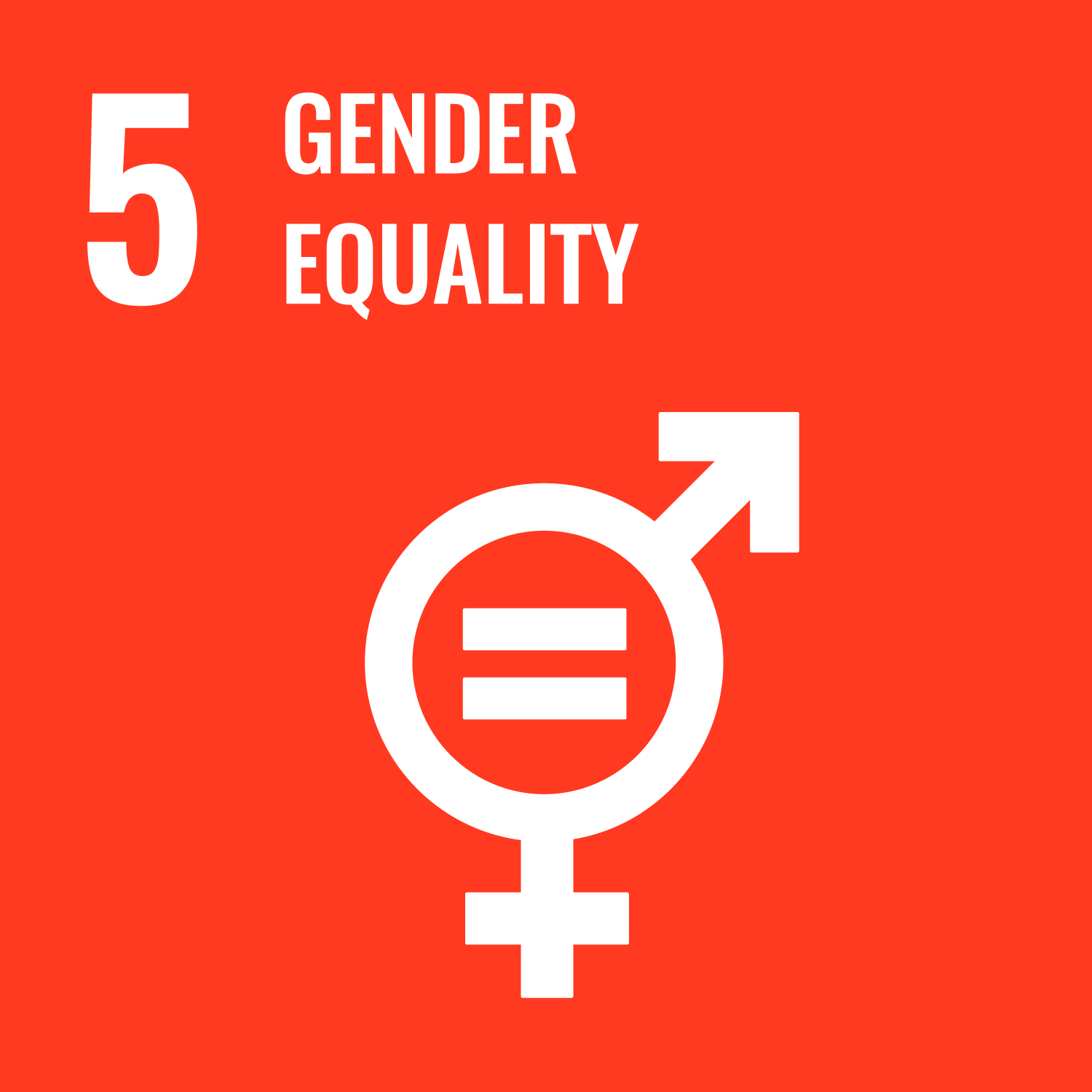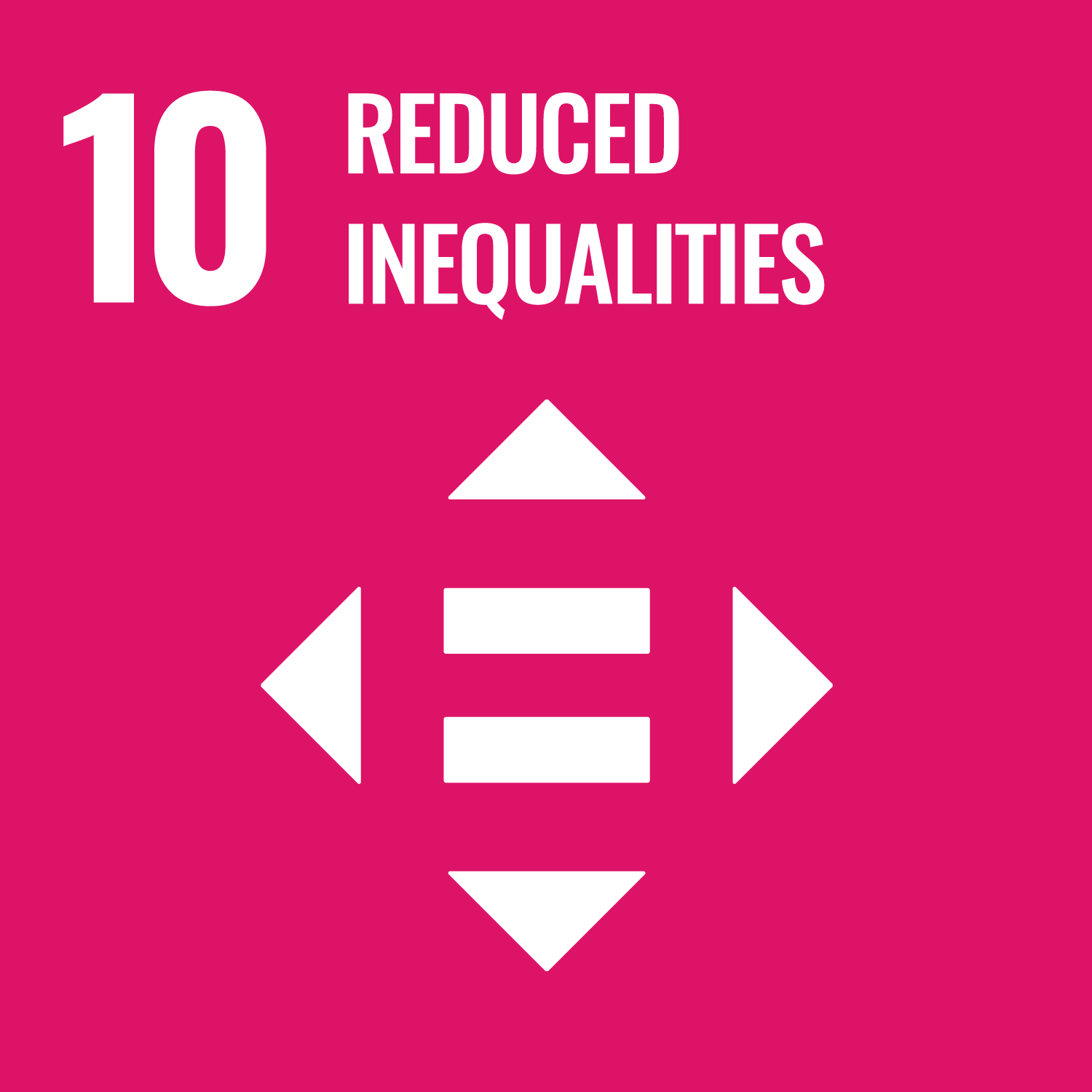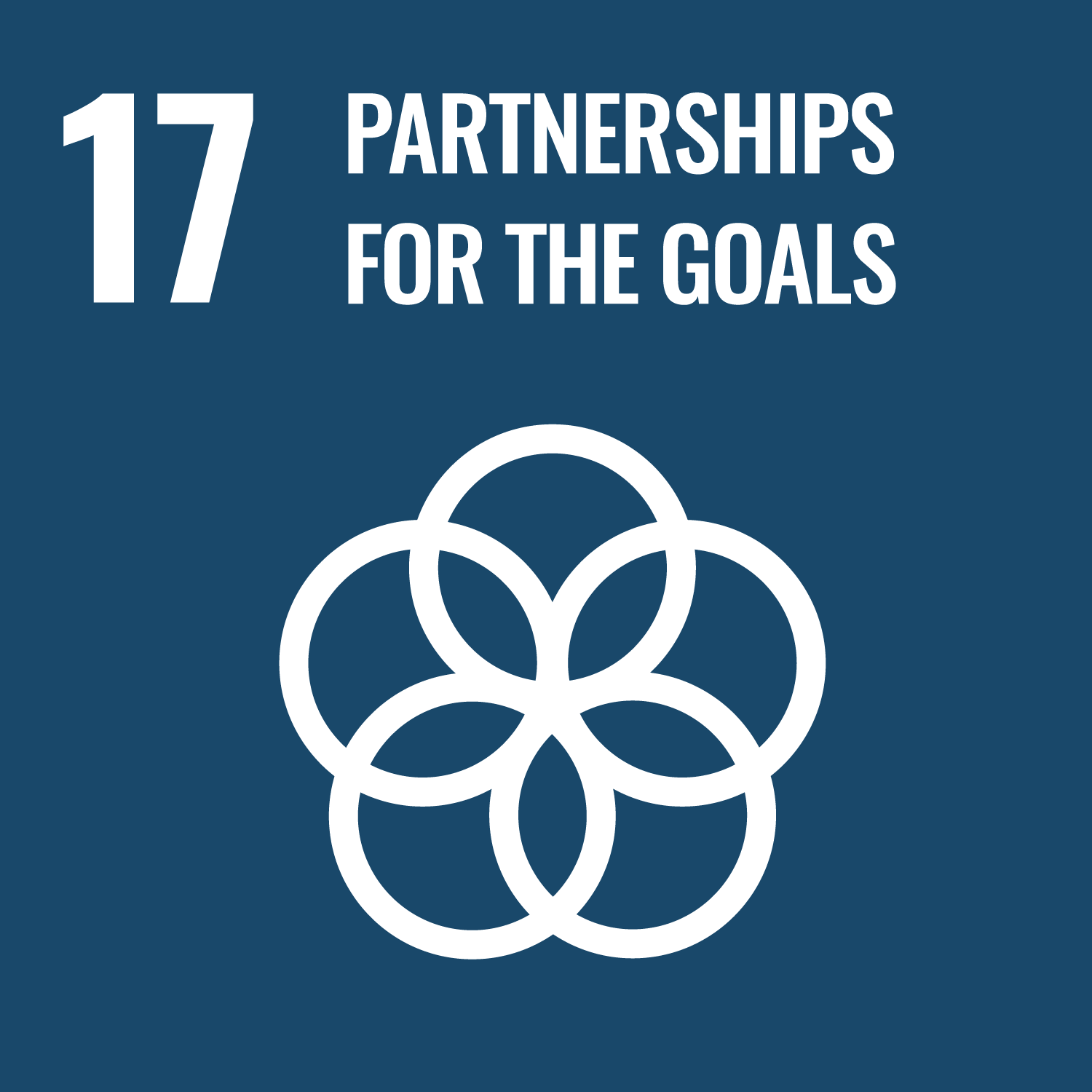ORCID
- Lijun Tang: 0000-0002-6815-0625
Abstract
Purpose This paper examines the changes suggested by maritime stakeholders to achieve gender equality in seafaring, a male-dominated profession. Design/methodology/approach Adopting a four-stage career cycle framework, this paper analyzes changes proposed by 423 industry stakeholders to promote gender equality in seafaring. These proposed changes were posted on the Day of Seafarers 2019 virtual wall set up by the International Maritime Organization, which served as a forum for industry stakeholders from all over the world to voice their opinions and suggestions. Findings The data analysis shows that the suggested changes reflect many challenges and barriers women seafarers face. While stakeholders from Organisation for Economic Co-operation and Development (OECD) countries are more likely to call for changes to remove barriers in the retention and development stage, gender equality in seafaring in non-OECD countries is still seriously hindered by barriers in the recruitment stage. The paper also reveals that comparatively male stakeholders are less likely to appreciate the problems women seafarers face. Originality/value This paper takes a comparative approach, comparing the changes proposed by seafarers and other industry stakeholders from different parts of the world. This approach provides a nuanced understanding of issues related to gender equality in seafaring by showing that stakeholders from different backgrounds have different priorities.
DOI Link
Publication Date
2023-01-30
Publication Title
Maritime Business Review
ISSN
2397-3757
Acceptance Date
2022-11-16
Deposit Date
2022-11-16
Embargo Period
2023-02-04
Recommended Citation
Tang, L. (2023) 'Achieving Gender Equality in Seafaring: An analysis of Stakeholders’ Suggestions', Maritime Business Review, . Available at: 10.1108/MABR-08-2022-0042




